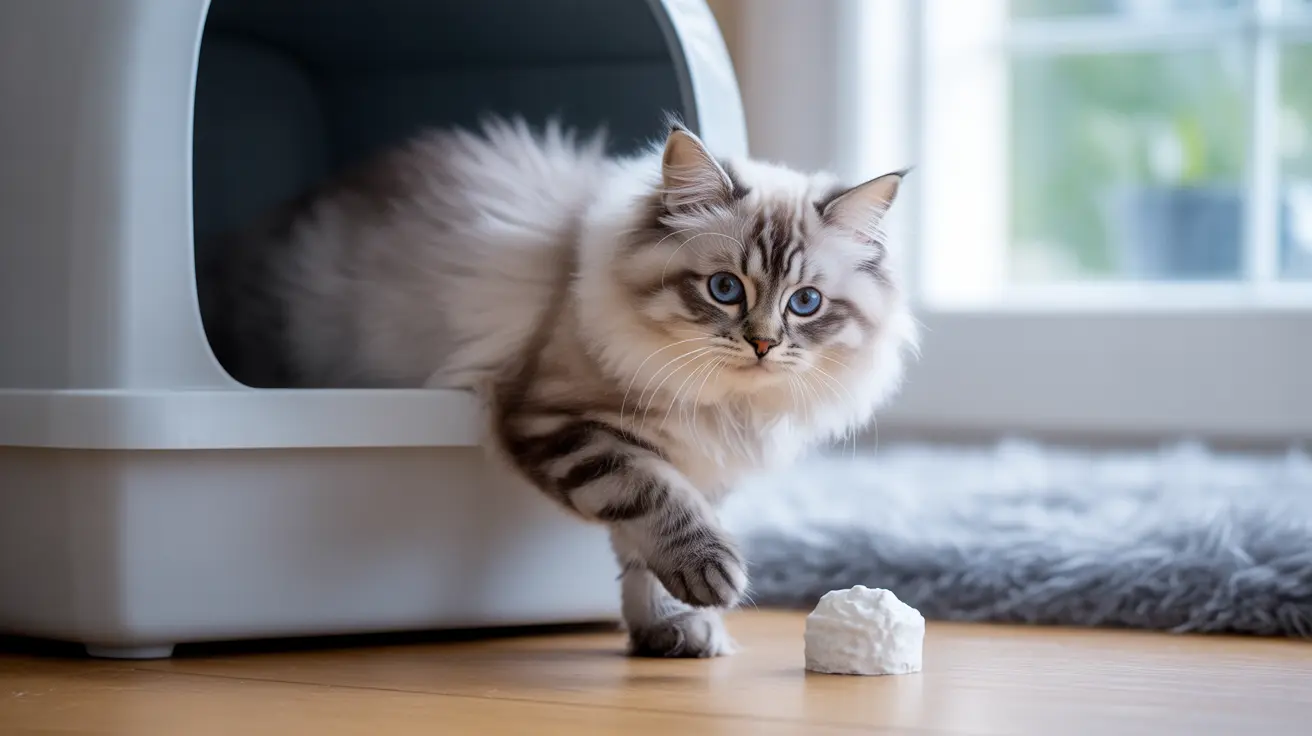Understanding Why Cats with Diarrhea Avoid the Litter Box
Cats experiencing diarrhea may avoid their litter box for several compelling reasons:
- Urgency and inability to reach the box in time
- Discomfort associated with using the litter box
- Negative associations with the box due to previous accidents
- Physical inability to maintain proper posture while experiencing diarrhea
Common Medical Causes of Diarrhea in Cats
Several health issues can trigger diarrhea in cats, leading to litter box avoidance:
- Dietary changes or food sensitivities
- Parasitic infections (worms, giardia)
- Inflammatory bowel disease
- Bacterial or viral infections
- Stress-related digestive issues
- Hyperthyroidism (especially in older cats)
Identifying the Problem and Taking Action
Immediate Steps to Take
When you notice your cat having diarrhea and avoiding the litter box:
- Clean affected areas thoroughly with enzymatic cleaners
- Provide additional litter boxes in easily accessible locations
- Keep litter boxes exceptionally clean
- Monitor your cat's behavior and stool consistency
- Document when and where accidents occur
Creating a Cat-Friendly Environment
To encourage proper litter box use during episodes of diarrhea:
- Place litter boxes in quiet, accessible locations
- Use unscented, soft litter that's gentle on sensitive paws
- Provide multiple boxes on different floors of your home
- Keep boxes away from food and water sources
- Ensure boxes are large enough for comfortable movement
Treatment and Prevention Strategies
Medical Interventions
Work with your veterinarian to:
- Determine the underlying cause of diarrhea
- Implement appropriate treatment plans
- Consider dietary modifications
- Address any concurrent health issues
Dietary Management
Proper nutrition plays a crucial role in managing diarrhea:
- Introduce new foods gradually
- Consider specialized digestive health diets
- Avoid human food and table scraps
- Ensure fresh water is always available
When to Contact Your Veterinarian
Seek immediate veterinary care if you notice:
- Blood in the stool
- Lethargy or weakness
- Decreased appetite or thirst
- Diarrhea persisting more than 24-48 hours
- Signs of dehydration
- Significant weight loss
Frequently Asked Questions
Why is my cat pooping outside the litter box when it has diarrhea?
Cats may poop outside the box during diarrhea due to urgency, inability to reach the box in time, or discomfort associated with the condition. The sudden need to defecate can override their normal litter box habits.
What are common causes of diarrhea in cats that lead to litter box avoidance?
Common causes include dietary changes, food allergies, parasitic infections, inflammatory bowel disease, bacterial infections, and stress. Each of these can create urgency and discomfort that leads to inappropriate elimination.
How can I help my cat with diarrhea return to using the litter box properly?
Maintain extremely clean litter boxes, provide multiple boxes in accessible locations, use gentle, unscented litter, and address the underlying cause of diarrhea with appropriate veterinary care.
When should I see a vet if my cat has diarrhea and is not using the litter box?
Seek veterinary care if diarrhea persists beyond 24-48 hours, contains blood, or is accompanied by other symptoms like lethargy, decreased appetite, or signs of dehydration.
Can food allergies or sudden diet changes cause my cat to have diarrhea and poop outside the box?
Yes, both food allergies and sudden dietary changes can cause diarrhea and subsequent litter box avoidance. Always introduce new foods gradually and watch for signs of food sensitivities.
With proper understanding, quick action, and appropriate veterinary care, most cats will return to normal litter box habits once their diarrhea resolves. Remember to be patient and supportive during this challenging time for your feline friend.






